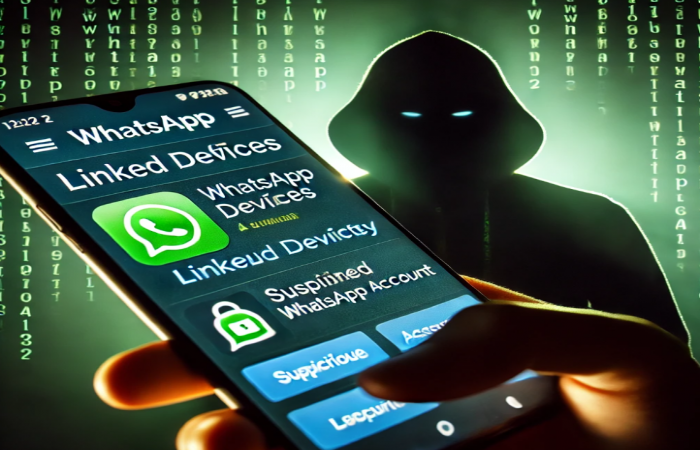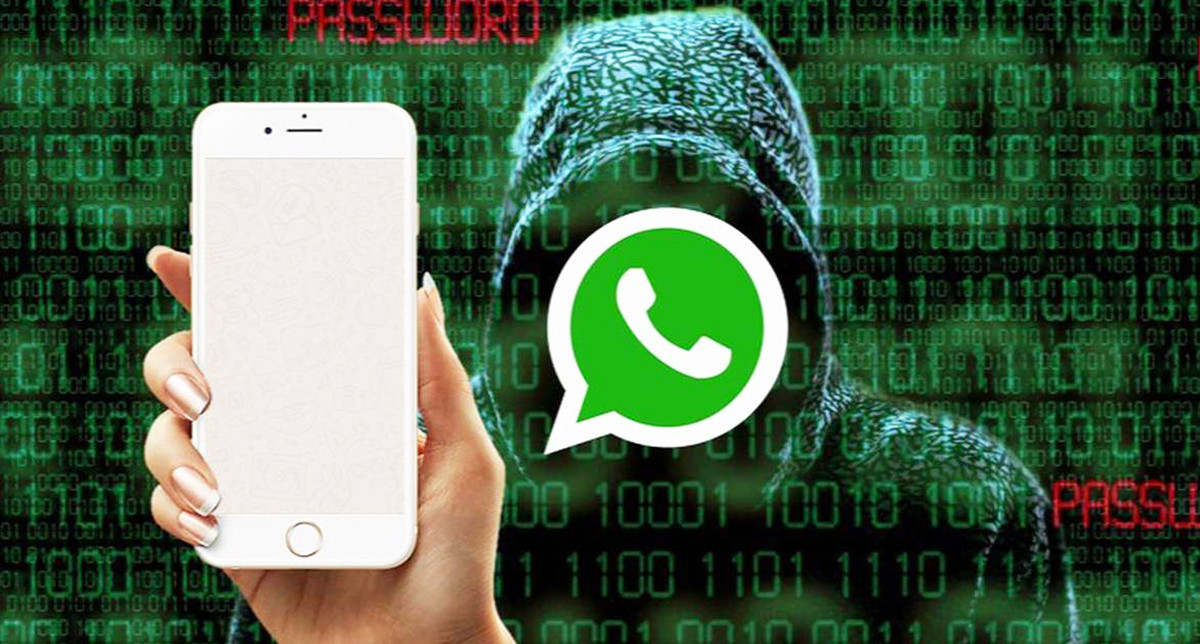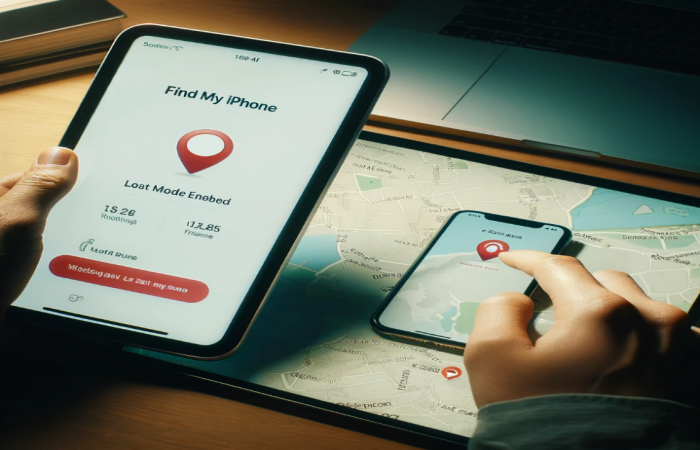
Is Your WhatsApp Account Hacked? Here’s How to Find Out
In today’s digital world, WhatsApp has become one of the most used messaging platforms. With the rise of mobile threats and account breaches, one major concern is cloning—a situation where a malicious actor duplicates your account on another device. When this happens, they could access your chats, contacts, and personal information without your knowledge. But don’t worry! Here's how to check if your WhatsApp account has been cloned and what to do about it.
The first sign that your WhatsApp might be cloned is unusual activity, such as:
Messages marked as read that you didn’t open.
Contacts or groups you didn’t interact with.
Chats appearing on your phone that you didn’t initiate.
If you notice any of these red flags, it’s time to investigate.
One of the most common methods attackers use to clone WhatsApp is through WhatsApp Web. To check if your account is active on any unknown device:
Open WhatsApp on your phone.
Tap the three dots in the top-right corner (Android) or go to "Settings" (iPhone).
Select Linked Devices. Here, you will see all the devices currently connected to your WhatsApp. If you see an unknown device or a device you don't recognize, this could be a sign that someone else is using your account.
When someone attempts to clone your WhatsApp account on another device, you might receive a verification SMS code. If you weren’t expecting it, do not share this code with anyone. This is a key security feature, so if you get a surprise code, treat it as a serious alert.
Sometimes, WhatsApp sends a notification to alert you if your account is being used elsewhere. If you receive a message saying “Your phone number is registered on another device,” this is a clear sign that your WhatsApp account might be cloned.
If you confirm suspicious activity, here’s what to do:
Log out from all devices: Go to Linked Devices and log out from all sessions that aren't yours.
Re-verify your account: Uninstall WhatsApp from your device and reinstall it. During the setup process, WhatsApp will send a new verification code to your phone number, which disables any existing sessions.
Enable Two-Step Verification: Add an extra layer of security by enabling two-step verification. This requires a PIN code in addition to the verification SMS when setting up WhatsApp on a new device.
In conclusion, staying vigilant about WhatsApp activity is key to protecting your account. Regularly checking linked devices and enabling two-step verification can go a long way in keeping your conversations secure. If you suspect your account is cloned, act quickly and take control.
Stay safe in the digital world!
Read also: Is Your Internet Slow? Here's How To Fix It
Joel is a passionate tech enthusiast with a flair for writing captivating tech stories. With a deep interest in emerging technologies, he shares insights and narratives that inspire and engage readers in the world of innovation.

















